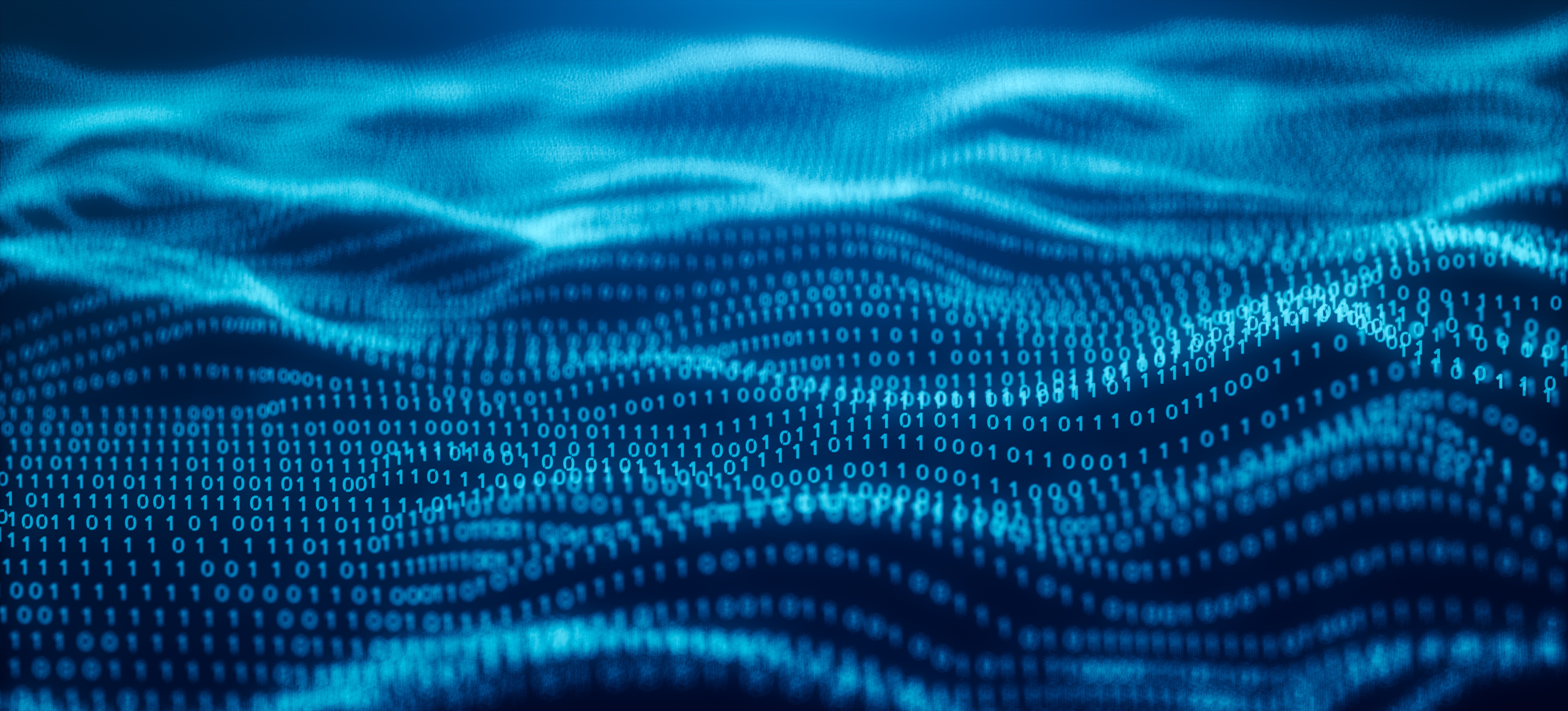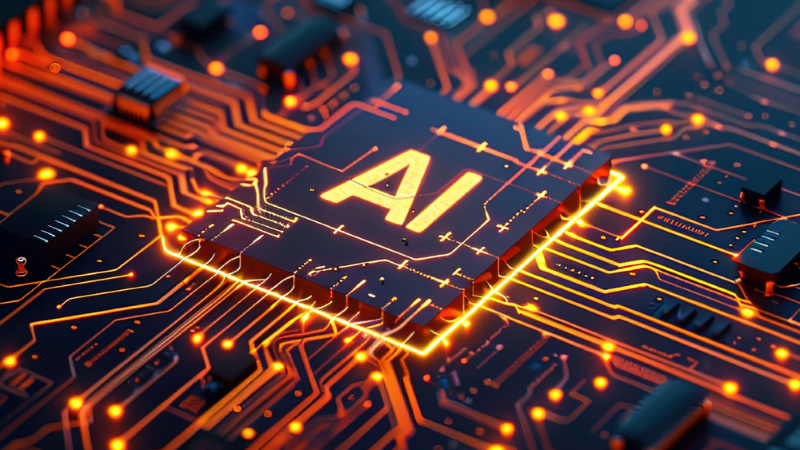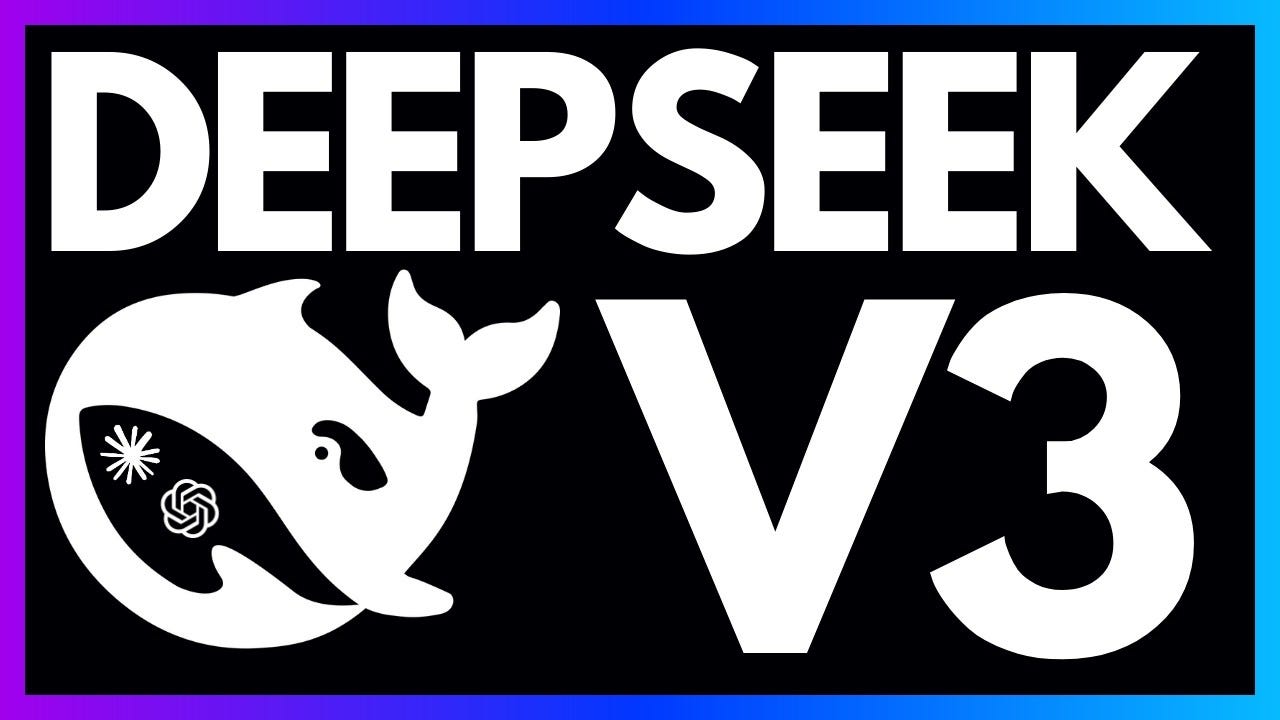

?w\u003d1500\u0026h\u003d680\u0026q\u003d60\u0026fit\u003dfill\u0026f\u003dfaces\u0026fm\u003djpg\u0026fl\u003dprogressive\u0026auto\u003dformat%2Ccompress\u0026dpr\u003d1\u0026w\u003d1000" style="max-width:400px;float:left;padding:10px 10px 10px 0px;border:0px;" alt="image">
For Christmas I got a fascinating gift from a buddy - my very own "best-selling" book.
"Tech-Splaining for Dummies" (terrific title) bears my name and my photo on its cover, and it has radiant evaluations.
Yet it was completely written by AI, with a few basic prompts about me provided by my friend Janet.
It's an intriguing read, and very funny in parts. But it likewise meanders rather a lot, and is someplace between a self-help book and a stream of anecdotes.
It mimics my chatty design of writing, however it's also a bit recurring, and really verbose. It may have exceeded Janet's triggers in looking at data about me.
Several sentences begin "as a leading innovation reporter ..." - cringe - which could have been scraped from an online bio.
There's likewise a mysterious, repeated hallucination in the form of my feline (I have no animals). And there's a metaphor on almost every page - some more random than others.
There are dozens of companies online offering AI-book writing services. My book was from BookByAnyone.
When I got in touch with the primary executive Adir Mashiach, based in Israel, he told me he had actually sold around 150,000 personalised books, primarily in the US, since rotating from compiling AI-generated travel guides in June 2024.
A paperback copy of your own 240-page long best-seller costs ₤ 26. The firm uses its own AI tools to produce them, based on an open source big language model.
I'm not asking you to buy my book. Actually you can't - only Janet, who developed it, can buy any additional copies.
There is currently no barrier to anybody developing one in any person's name, including celebs - although Mr Mashiach says there are guardrails around violent material. Each book contains a printed disclaimer specifying that it is fictional, created by AI, and created "exclusively to bring humour and delight".

Legally, the copyright comes from the company, however Mr Mashiach stresses that the product is meant as a "personalised gag gift", and the books do not get offered even more.
He intends to broaden his range, producing different genres such as sci-fi, users.atw.hu and possibly using an autobiography service. It's designed to be a light-hearted kind of customer AI - selling AI-generated products to human customers.
It's also a bit frightening if, like me, you write for a living. Not least due to the fact that it most likely took less than a minute to produce, and it does, definitely in some parts, sound similar to me.
Musicians, authors, artists and actors worldwide have revealed alarm about their work being utilized to train generative AI tools that then churn out similar content based upon it.
"We need to be clear, when we are discussing information here, we in fact indicate human developers' life works," says Ed Newton Rex, founder of Fairly Trained, which campaigns for AI firms to respect developers' rights.

"This is books, this is articles, this is photos. It's works of art. It's records ... The entire point of AI training is to learn how to do something and after that do more like that."
In 2023 a song including AI-generated voices of Canadian singers Drake and The Weeknd went viral on social media before being pulled from streaming platforms due to the fact that it was not their work and they had not consented to it. It didn't stop the track's developer trying to nominate it for a Grammy award. And although the artists were fake, it was still extremely popular.
"I do not believe the use of generative AI for imaginative functions ought to be prohibited, however I do believe that generative AI for these purposes that is trained on individuals's work without authorization ought to be prohibited," Mr Newton Rex includes. "AI can be really effective but let's develop it morally and relatively."
OpenAI states Chinese competitors utilizing its work for their AI apps

DeepSeek: akropolistravel.com The Chinese AI app that has the world talking
China's DeepSeek AI shakes market and dents America's swagger
In the UK some organisations - consisting of the BBC - have actually picked to obstruct AI designers from trawling their online material for training functions. Others have actually decided to work together - the Financial Times has actually partnered with ChatGPT developer OpenAI for example.
The UK federal government is considering an overhaul of the law that would allow AI designers to utilize creators' content on the web to help establish their models, unless the rights holders pull out.
Ed Newton Rex explains this as "insanity".
He mentions that AI can make advances in locations like defence, healthcare and logistics without trawling the work of authors, journalists and artists.
"All of these things work without going and changing copyright law and messing up the livelihoods of the nation's creatives," he argues.
Baroness Kidron, a crossbench peer in your home of Lords, is also strongly versus getting rid of copyright law for AI.
"Creative industries are wealth creators, 2.4 million tasks and a lot of joy," states the Baroness, who is also an advisor to the Institute for Ethics in AI at Oxford University.
"The government is undermining among its finest carrying out markets on the unclear promise of development."
A government representative stated: "No move will be made up until we are definitely confident we have a practical strategy that provides each of our goals: increased control for best holders to help them accredit their content, access to top quality product to train leading AI models in the UK, and more transparency for ideal holders from AI developers."
Under the UK government's new AI strategy, a nationwide data library including public information from a wide variety of sources will also be provided to AI researchers.
In the US the future of federal rules to control AI is now up in the air following President Trump's return to the presidency.
In 2023 Biden signed an executive order that intended to improve the safety of AI with, to name a few things, firms in the sector needed to share information of the functions of their systems with the US government before they are released.
But this has now been repealed by Trump. It remains to be seen what Trump will do instead, but he is stated to desire the AI sector to face less regulation.
This comes as a variety of suits versus AI companies, and especially versus OpenAI, continue in the US. They have actually been gotten by everyone from the New york city Times to authors, music labels, and even a comedian.
They declare that the AI firms broke the law when they took their material from the web without their consent, and utilized it to train their systems.
The AI companies argue that their actions fall under "fair use" and are for that reason exempt. There are a number of elements which can make up reasonable use - it's not a straight-forward definition. But the AI sector is under increasing analysis over how it collects training data and gdprhub.eu whether it need to be spending for it.
If this wasn't all enough to consider, Chinese AI company DeepSeek has shaken the sector archmageriseswiki.com over the past week. It ended up being one of the most downloaded complimentary app on Apple's US App Store.
DeepSeek claims that it established its technology for a fraction of the price of the similarity OpenAI. Its success has raised security issues in the US, and threatens American's current supremacy of the sector.
As for me and a career as an author, I think that at the minute, if I really desire a "bestseller" I'll still need to write it myself.